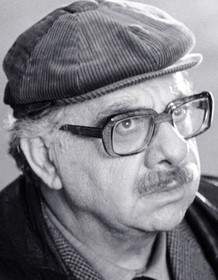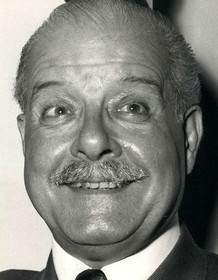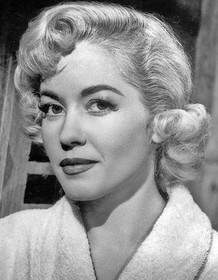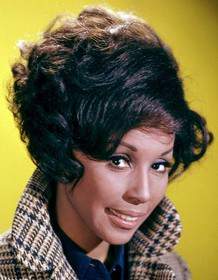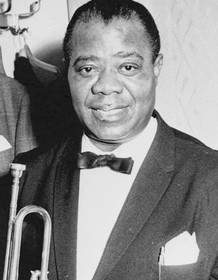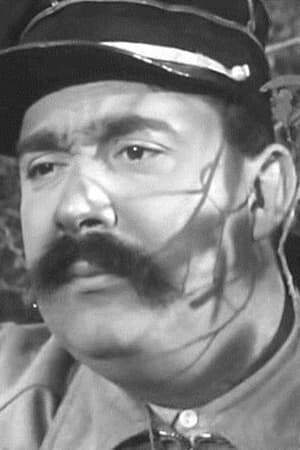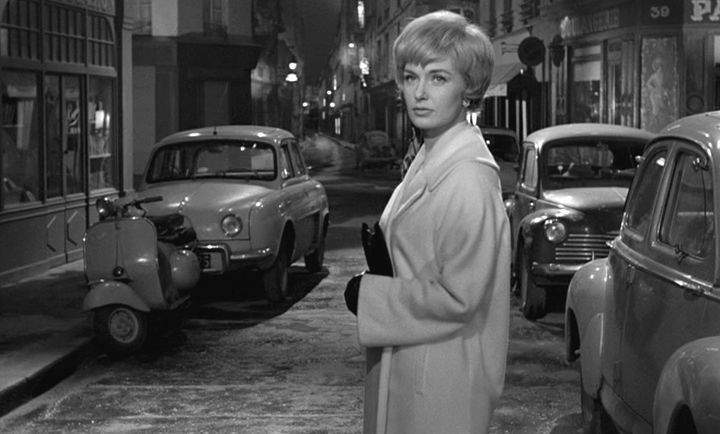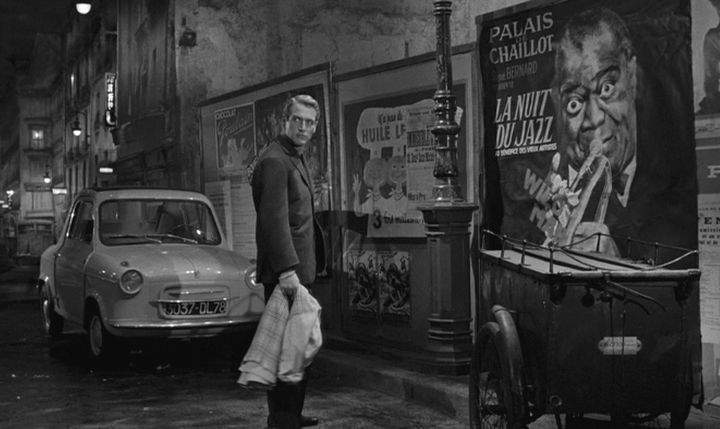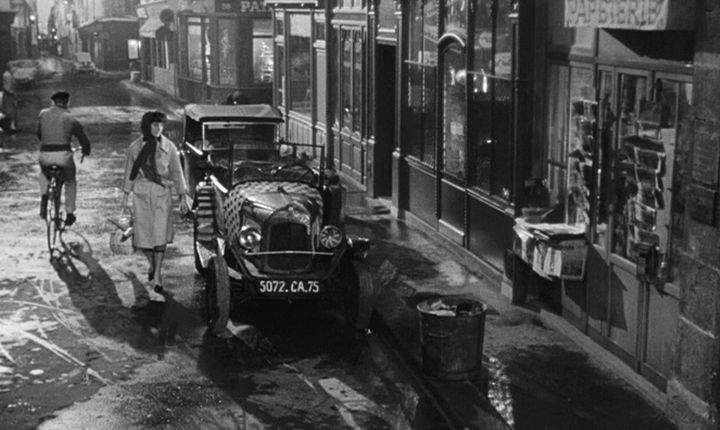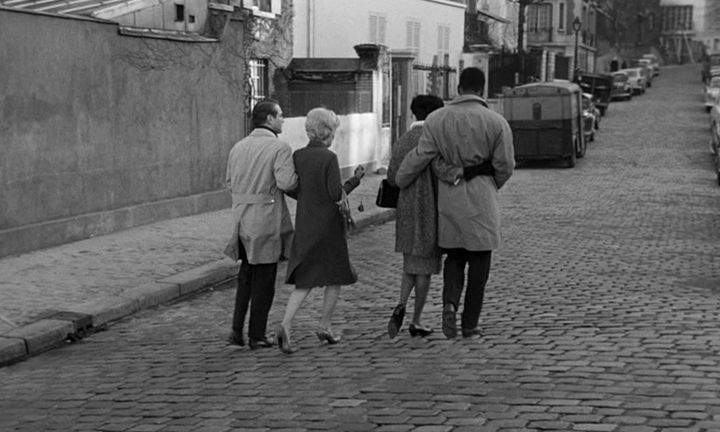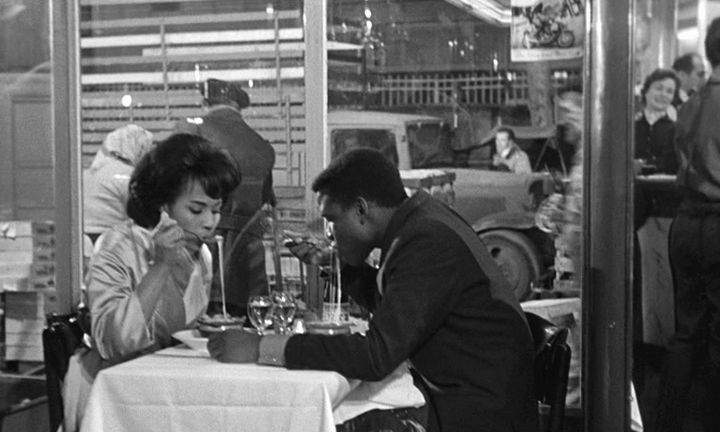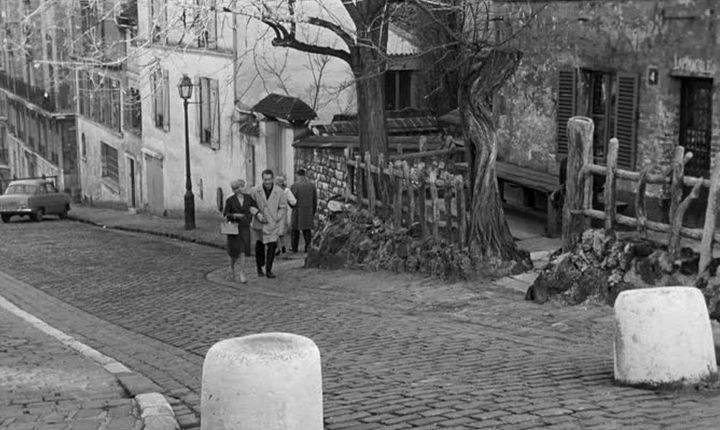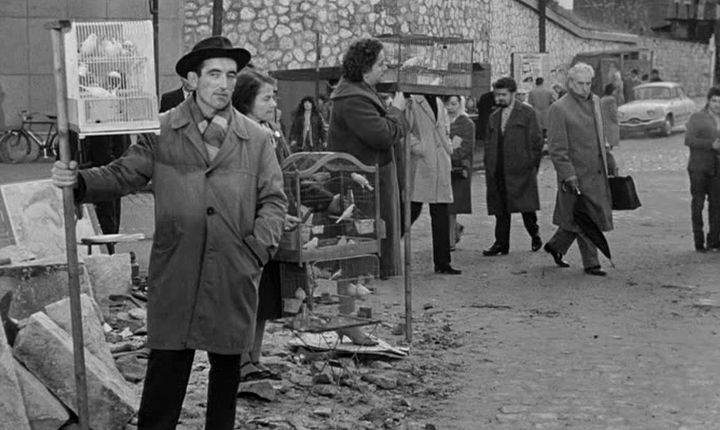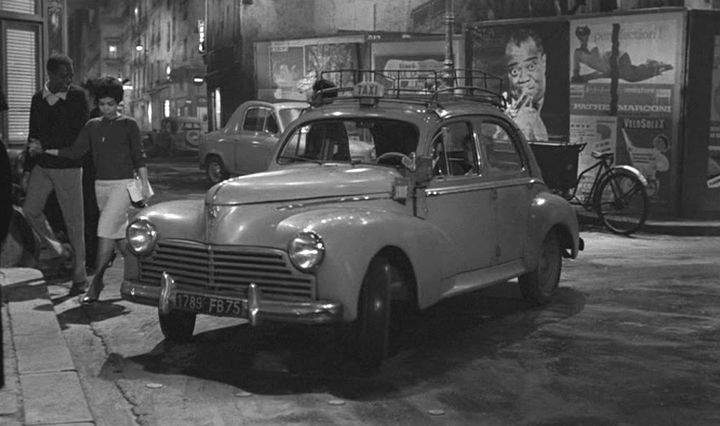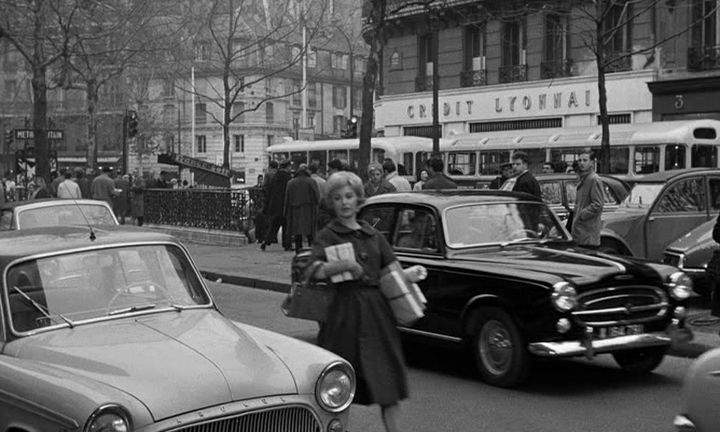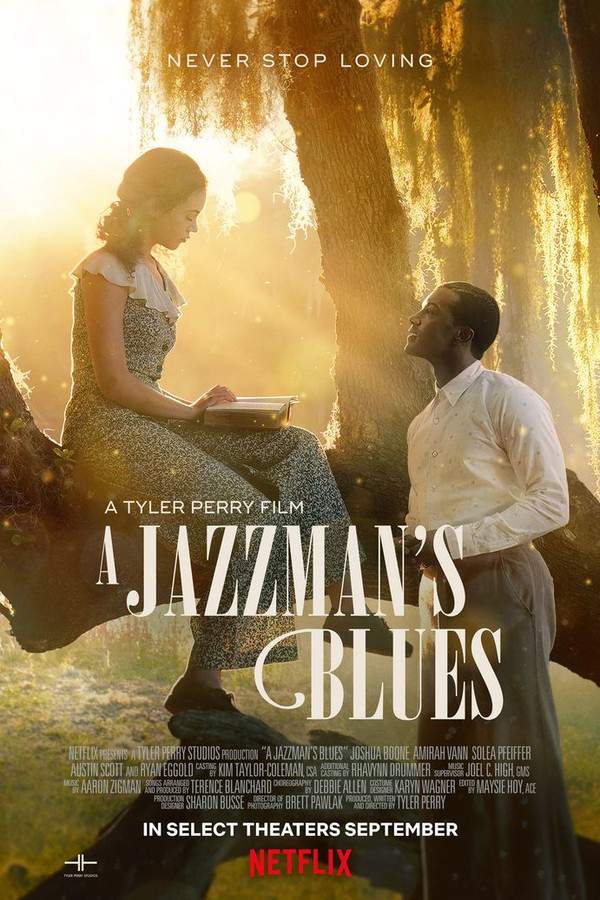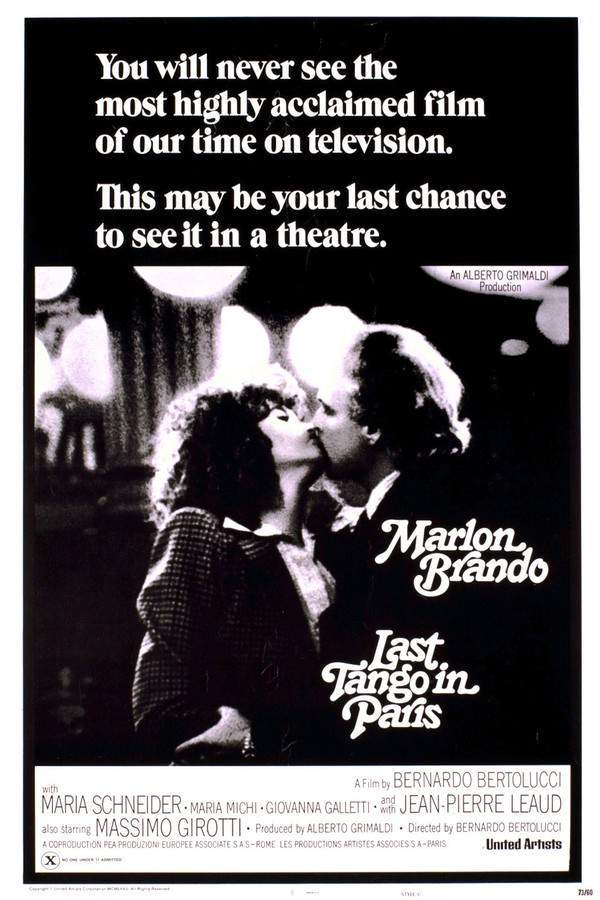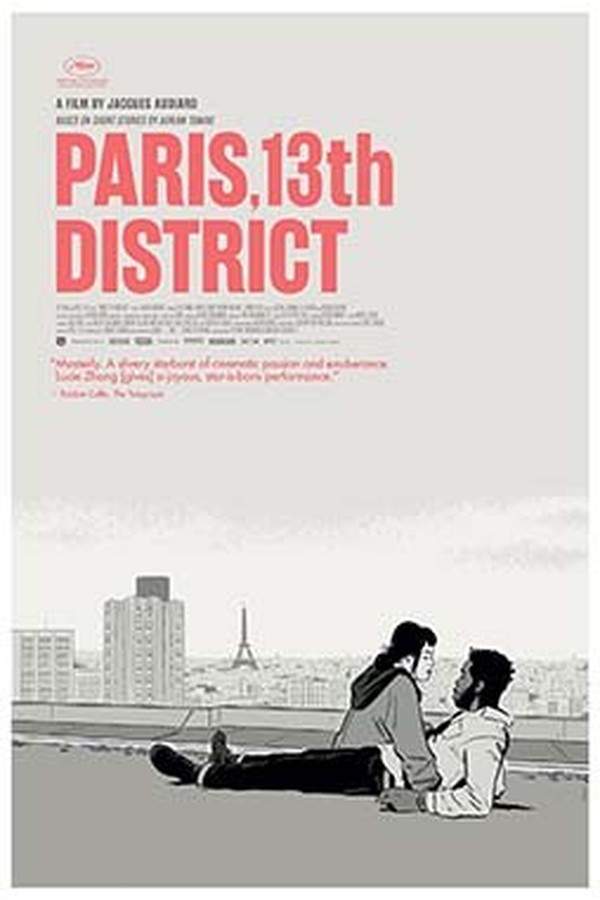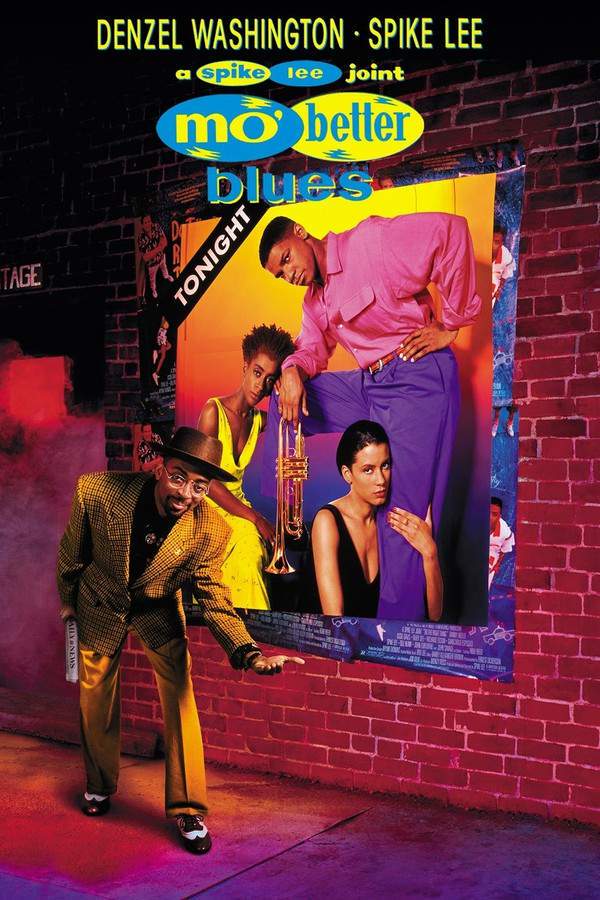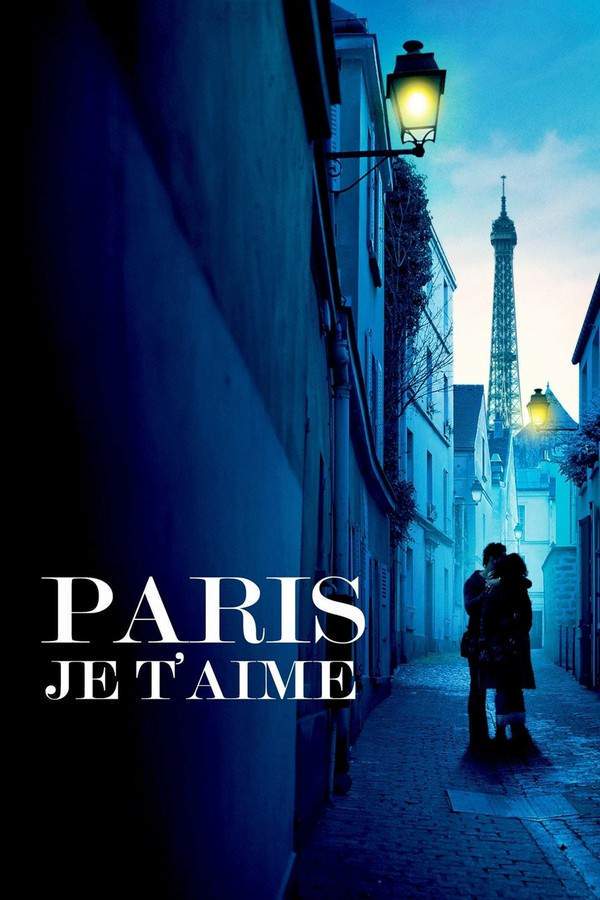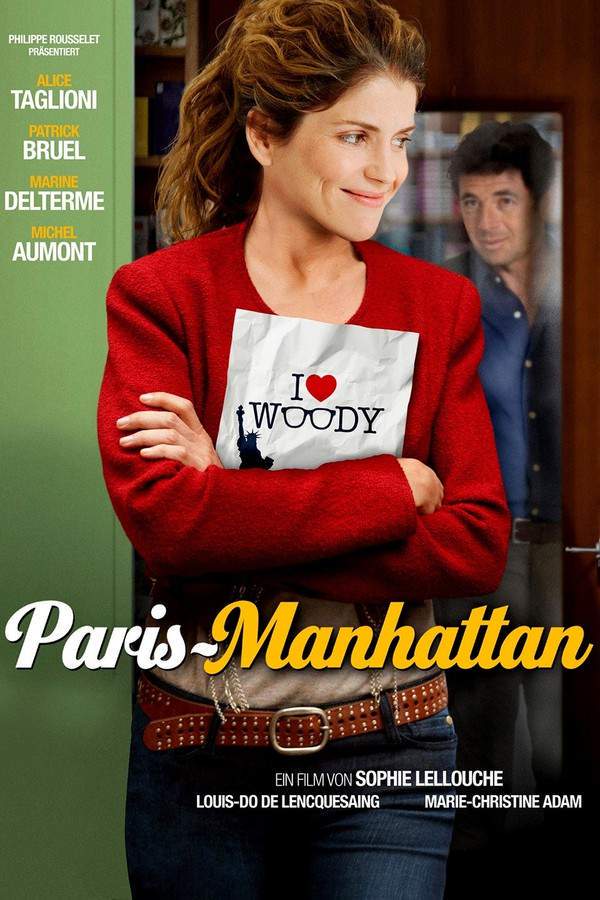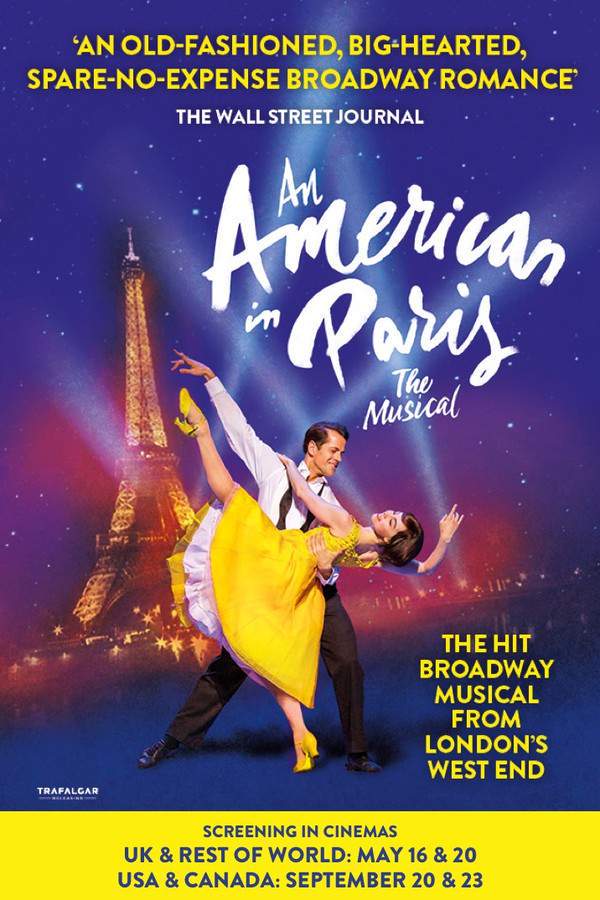Paris Blues 1961
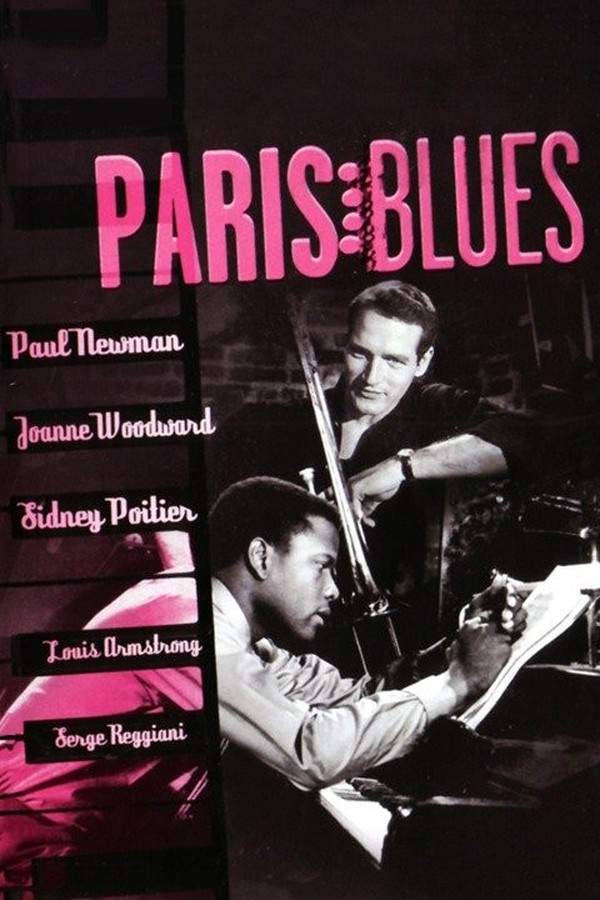
In Paris, jazz musicians Ram Bowen and Eddie Cook find refuge from difficult times, immersing themselves in the vibrant Parisian nightlife. Their dedication to music is tested when they become romantically involved with two American women visiting the city. As their feelings deepen, the expatriates face a difficult choice between maintaining their artistic principles and pursuing love and connection in a foreign land, exploring themes of art, identity, and the complexities of human relationships.
Does Paris Blues have end credit scenes?
No!
Paris Blues does not have end credit scenes. You can leave when the credits roll.
Meet the Full Cast and Actors of Paris Blues
Explore the complete cast of Paris Blues, including both lead and supporting actors. Learn who plays each character, discover their past roles and achievements, and find out what makes this ensemble cast stand out in the world of film and television.
External Links and Streaming Options
Discover where to watch Paris Blues online, including streaming platforms, rental options, and official sources. Compare reviews, ratings, and in-depth movie information across sites like IMDb, TMDb, Wikipedia or Rotten Tomatoes.
Ratings and Reviews for Paris Blues
See how Paris Blues is rated across major platforms like IMDb, Metacritic, and TMDb. Compare audience scores and critic reviews to understand where Paris Blues stands among top-rated movies in its genre.

61
Metascore
tbd
User Score


69%
TOMATOMETER

68%
User Score

6.7 /10
IMDb Rating

65
%
User Score
Take the Ultimate Paris Blues Movie Quiz
Challenge your knowledge of Paris Blues with this fun and interactive movie quiz. Test yourself on key plot points, iconic characters, hidden details, and memorable moments to see how well you really know the film.
Exploring Paris Blues: Test your knowledge on the intricacies of the 1961 film 'Paris Blues' and its characters.
Who is the charismatic jazz musician in 'Paris Blues'?
Eddie
Ram Bowen
Wild Man Moore
Lillian
Show hint
Awards & Nominations for Paris Blues
Discover all the awards and nominations received by Paris Blues, from Oscars to film festival honors. Learn how Paris Blues and its cast and crew have been recognized by critics and the industry alike.
34th Academy Awards 1962

Full Plot Summary and Ending Explained for Paris Blues
Read the complete plot summary of Paris Blues, including all major events, twists, and the full ending explained in detail. Explore key characters, themes, hidden meanings, and everything you need to understand the story from beginning to end.
On his journey to meet Wild Man Moore at the train station, jazz musician Ram Bowen, who resides in Paris, crosses paths with a newcomer named Connie Lampson. Despite her initial disinterest, her friend Lillian persuades Connie to attend his performance that night at Club 33. After captivating the audience alongside fellow expatriate Eddie, the four of them leave the club in the early hours of the morning. A suggestion from Ram to share a private breakfast with Connie leads to her feeling offended, igniting Ram’s anger at her rejection.
However, Lillian’s determination does not wane. She encourages Ram to extend an apology before trying to win him over. In a twist of fate, they share a night together while Connie and Eddie explore the sights of Paris. As the weeks pass, both couples find themselves growing closer, yet friction arises when Connie expresses her frustration over Eddie’s decision to forsake America in pursuit of his dreams in France. She firmly believes that racial harmony in the U.S. can only improve if people unite and enact change back home. Conversely, Eddie embraces his life in Paris, where he experiences significantly less racial prejudice and thrives as a musician.
Lillian pushes Ram towards a deeper commitment, suggesting they return to the U.S. together. Despite her compelling offer, Ram, recognizing her responsibilities as a single mother of two, resolves to end their relationship, prioritizing his devotion to music. Meanwhile, Connie and Eddie admit their feelings for one another, contemplating marriage. Yet their plans encounter a snag when Eddie refuses to commit to living in the U.S. for an entire year. Both women, heartbroken by their partners, start preparations to head back home prematurely.
In an emotional climax, Connie makes a final effort to connect with Eddie at a party, revealing her decision to leave Paris permanently. In a moment of realization, Eddie opts to return to America to join Connie, though he will take a few weeks to finalize his obligations in Paris. Ram’s path leads him to a meeting with producer Bernard, who dismisses Ram’s new composition, leaving him disillusioned about his music career. Yet, Bernard recognizes Ram’s potential as a serious composer, provided he dedicates himself to his craft.
Devastated, Ram reaches out to Lillian and agrees to depart for America with her. However, just as the women prepare to leave, Ram arrives late, declaring he cannot abandon his passion for music. As Connie and Lillian’s train pulls away, Ram walks off with Eddie, marking a poignant moment of choices and sacrifices. The film concludes with a powerful visual—a group of French workers covering a billboard that promotes Wild Man Moore’s show, a symbol of change and the passage of time.
Uncover the Details: Timeline, Characters, Themes, and Beyond!

Coming soon on iOS and Android
The Plot Explained Mobile App
From blockbusters to hidden gems — dive into movie stories anytime, anywhere. Save your favorites, discover plots faster, and never miss a twist again.
Sign up to be the first to know when we launch. Your email stays private — always.
Watch Trailers, Clips & Behind-the-Scenes for Paris Blues
Watch official trailers, exclusive clips, cast interviews, and behind-the-scenes footage from Paris Blues. Dive deeper into the making of the film, its standout moments, and key production insights.
Cars Featured in Paris Blues
Explore all cars featured in Paris Blues, including their makes, models, scenes they appear in, and their significance to the plot. A must-read for car enthusiasts and movie buffs alike.
Paris Blues Themes and Keywords
Discover the central themes, ideas, and keywords that define the movie’s story, tone, and message. Analyze the film’s deeper meanings, genre influences, and recurring concepts.
Paris Blues Other Names and Titles
Explore the various alternative titles, translations, and other names used for Paris Blues across different regions and languages. Understand how the film is marketed and recognized worldwide.
Similar Movies To Paris Blues You Should Know About
Browse a curated list of movies similar in genre, tone, characters, or story structure. Discover new titles like the one you're watching, perfect for fans of related plots, vibes, or cinematic styles.
Quick Links: Summary, Cast, Ratings, More

What's After the Movie?
Not sure whether to stay after the credits? Find out!
Explore Our Movie Platform
New Movie Releases (2026)
Famous Movie Actors
Top Film Production Studios
Movie Plot Summaries & Endings
Major Movie Awards & Winners
Best Concert Films & Music Documentaries
Movie Collections and Curated Lists
© 2026 What's After the Movie. All rights reserved.



